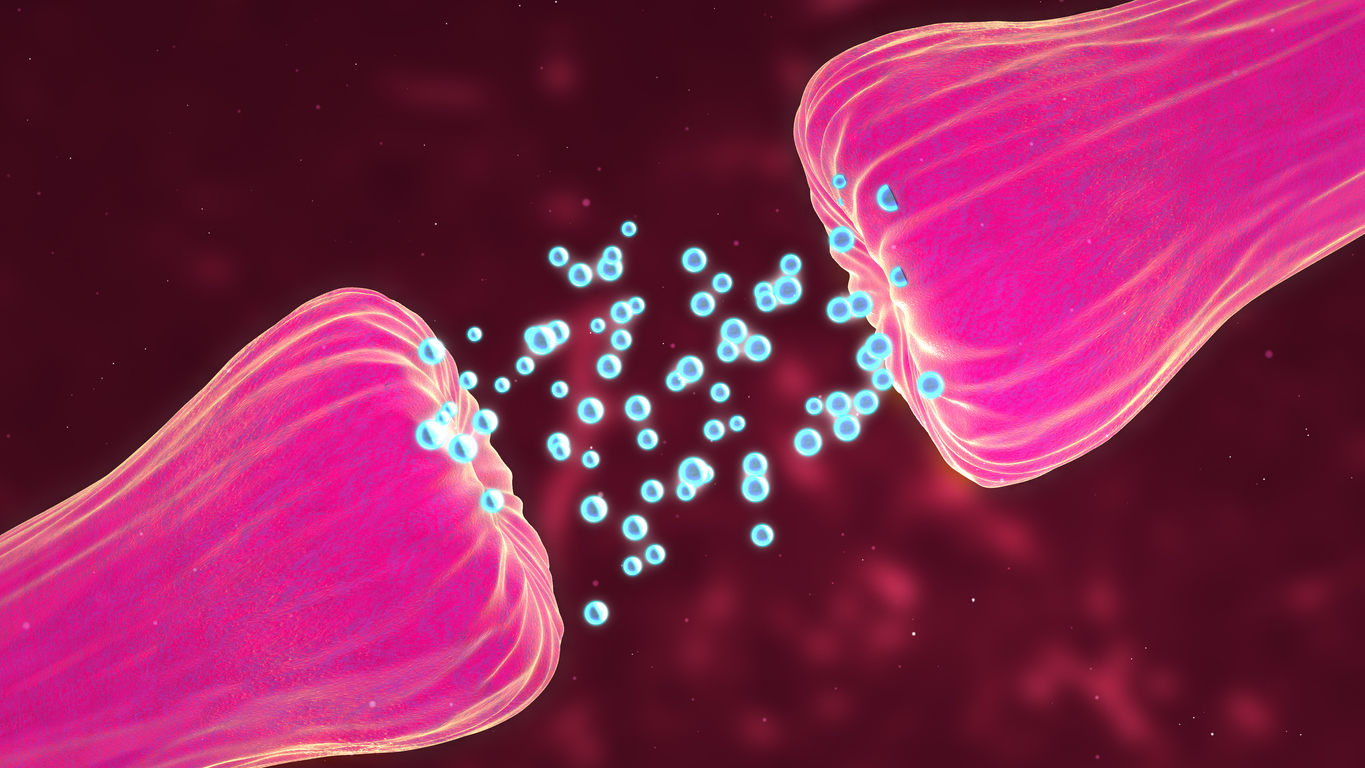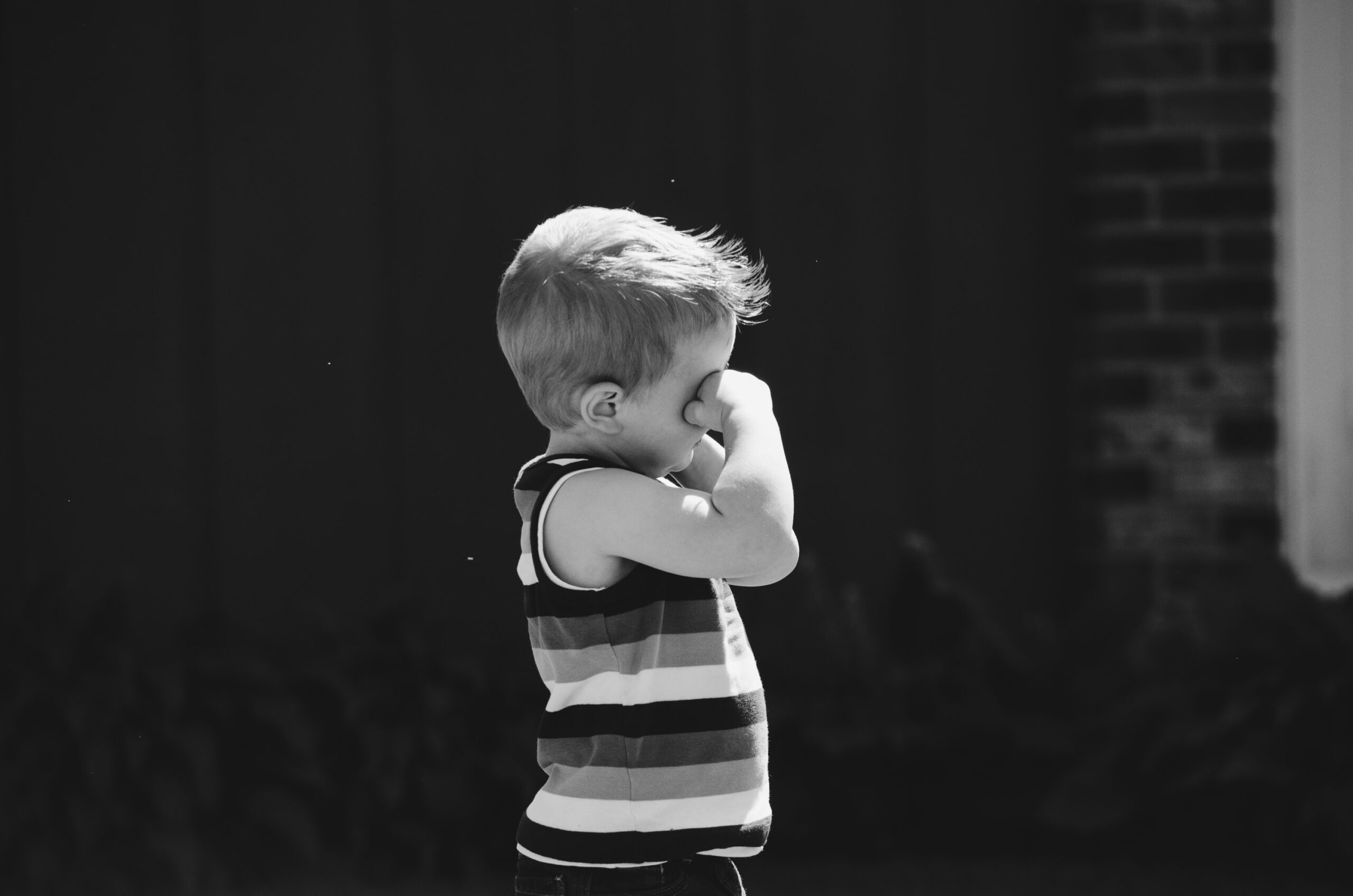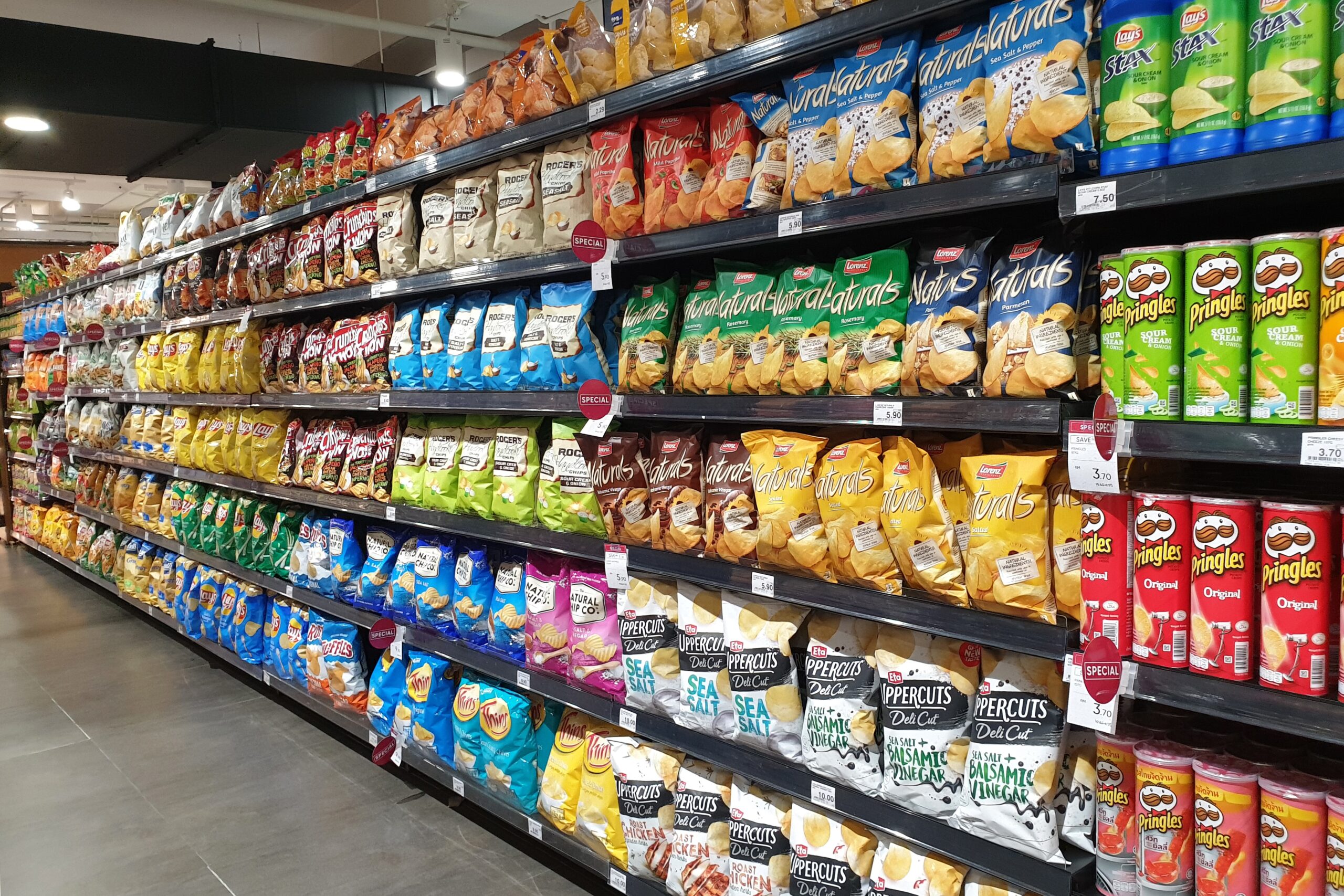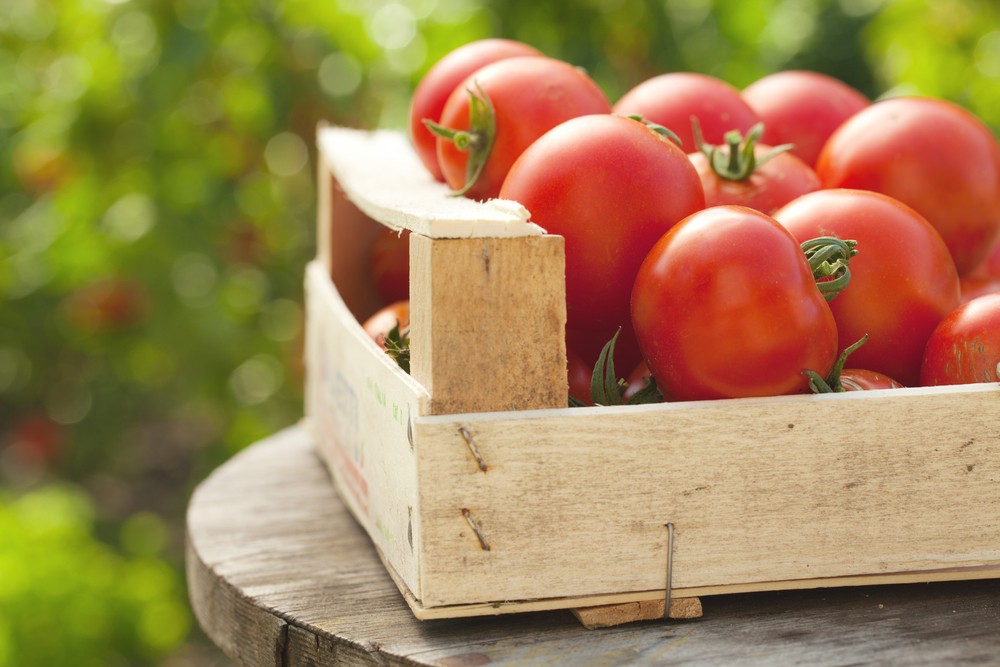According to recent studies from Carnegie Mellon University, drinking alone as an adolescent or young adult significantly raises the risk of later acquiring alcohol use disorder (AUD). Women are more prone to experience this. The findings were summarised in the journal Drug and Alcohol Dependence’s July issue.
While some young individuals drink by themselves, the great majority do so with friends. Every year, three million people worldwide pass away from alcoholism. Doctors have mostly inquired about teenagers’ frequency and amount of alcohol consumption during alcohol exams. According to Kasey Creswell (the lead author of the study), the social context in which young people consume alcohol is a crucial but sometimes disregarded indicator of future alcohol abuse.
Creswell examined data from the Monitoring the Future research while working at the University of Michigan with Megan Patrick and Yvonne Terry-McElrath. The use of drugs and alcohol by teenagers and young adults in the US is the subject of an ongoing epidemiological study. About 4,500 youngsters responded to surveys asking them how frequently and whether they drank alone (aged 18). The patients were then monitored for a further 17 years, during which time they disclosed their alcohol consumption habits, such as how frequently they drank alone while they were young adults (ages 23 to 24), and they disclosed AUD symptoms as they grew older (age 35).
Young persons who reported to drinking alone were more likely to experience AUD symptoms than those who only drank in social situations. The group studied a number of early indicators of alcoholism, including binge drinking and excessive drinking. When they turned 35, teens who drank alone had a 35% higher chance of experiencing AUD symptoms than those who drank with friends. A young adult’s likelihood of developing AUD symptoms increased by 60% if they drank alone. It appeared that drinking by female teenagers increased their risk of developing drinking issues as adults more so than it did among males.
About 40% of young adults and 25% of teenagers reported drinking alone. These findings imply that targeted treatments that instruct and caution these populations, particularly young women, about the risks of drinking alone, may be effective in preventing AUD in the future.
Teenagers drink alone to deal with negative emotions, according to studies done by Creswell and others. It has long been known that this pattern of alcohol consumption leads to the emergence of drinking disorders. According to Creswell, the epidemic has increased the prevalence of young people drinking alone.
Story Source: Original press release by Carnegie Mellon University. Note: Content may be edited for style and length by Scible News.






